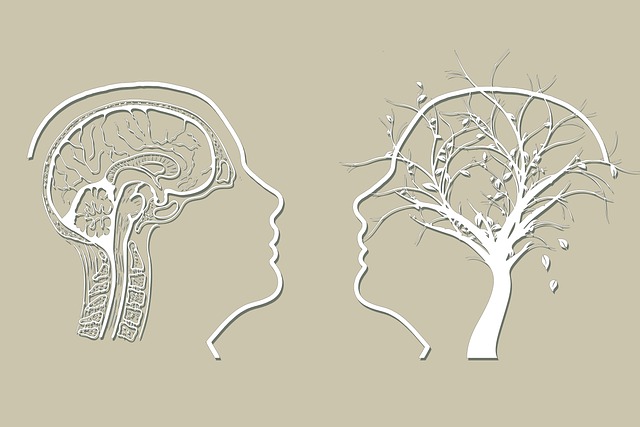Risk assessment is vital for ensuring the success of mental health practice, especially within dynamic settings like Arvada Blended Families Therapy. By evaluating potential risks and hazards, therapists create a secure environment fostering client trust and positive outcomes, key for anxiety relief and cultivating mind over matter principles. This complex therapy requires professionals to navigate diverse family dynamics, build resilience through communication, trauma addressing, and healthy coping mechanisms, while managing conflicts, power dynamics, and emotional triggers with cultural competency. Safety strategies include robust communication, structured self-care routines for therapists, policy incentives, and advocacy training, ultimately enhancing the therapeutic environment for both professionals and clients at Arvada Blended Families Therapy.
In the realm of mental health, risk assessment is a vital tool for ensuring client safety. This comprehensive guide explores best practices in risk evaluation, with a unique focus on Arvada Blended Families Therapy, addressing the specialized considerations within this field. We delve into strategies to enhance safety protocols and mitigate potential risks, crucial for professionals navigating complex family dynamics. By understanding these aspects, therapists can provide effective support while fostering a secure therapeutic environment, particularly within the context of Arvada Blended Families Therapy.
- Understanding Risk Assessment in Mental Health Practices
- Unique Considerations for Arvada Blended Families Therapy
- Strategies to Enhance Safety and Mitigate Risks
Understanding Risk Assessment in Mental Health Practices

Risk assessment is a cornerstone of effective mental health practice, especially within diverse settings like Arvada Blended Families Therapy. It involves meticulously evaluating and understanding potential risks and hazards that may arise in therapeutic interactions. By implementing robust risk assessment strategies, mental health professionals can ensure a safe and supportive environment for clients, fostering trust and promoting positive outcomes.
In the context of anxiety relief and cultivating mind over matter principles, risk assessment plays a pivotal role. It helps identify factors that could trigger distress or exacerbate existing conditions, enabling therapists to tailor interventions accordingly. Through self-awareness exercises and nuanced navigation of client profiles, professionals can mitigate risks and enhance the effectiveness of their practices, ultimately contributing to improved mental well-being for all clients served.
Unique Considerations for Arvada Blended Families Therapy

Arvada Blended Families Therapy brings unique challenges due to its complex nature. When working with blended families, mental health professionals must consider the diverse range of experiences and relationships within each family unit. Each blended family is distinct, shaped by previous marriages, step-parents, half-siblings, and potential cultural or racial differences. Understanding these nuances is crucial for effective therapy.
Professionals should focus on building resilience within these families by promoting open communication, addressing past traumas, and fostering healthy coping mechanisms. Risk management planning is essential here; professionals must be prepared to navigate potential conflicts, power dynamics, and emotional triggers that may arise. Additionally, cultural competency training for healthcare providers is vital to ensure sensitivity and effectiveness when dealing with blended families from diverse backgrounds.
Strategies to Enhance Safety and Mitigate Risks

To enhance safety and mitigate risks for mental health professionals, especially within diverse contexts like Arvada Blended Families Therapy, several strategies can be employed. Firstly, establishing robust communication channels ensures that professionals can effectively share information about potential risks and vulnerabilities among clients, while fostering a collaborative environment to address these challenges proactively. This involves regular team meetings, peer support networks, and clear documentation protocols to facilitate seamless knowledge transfer.
Additionally, implementing structured Self-Care Routine Development for Better Mental Health is paramount. Encouraging therapists to prioritize their well-being through dedicated self-care practices can prevent burnout and enhance resilience. Integrating this into the organizational culture through policy incentives and training sessions on Mental Health Policy Analysis and Advocacy ensures a holistic approach that not only benefits professionals but also improves client outcomes by fostering a safer, more supportive therapeutic environment.
Risk assessment is an indispensable practice for mental health professionals, particularly in specialized areas like Arvada Blended Families Therapy. By understanding potential risks and implementing effective strategies, therapists can enhance client safety while offering tailored support. Unique considerations for blended families introduce specific challenges that must be navigated through thorough risk assessment and customized interventions. Through combining robust risk management techniques with a deep understanding of family dynamics, mental health professionals in Arvada Blended Families Therapy can foster a secure environment conducive to healing and growth.














